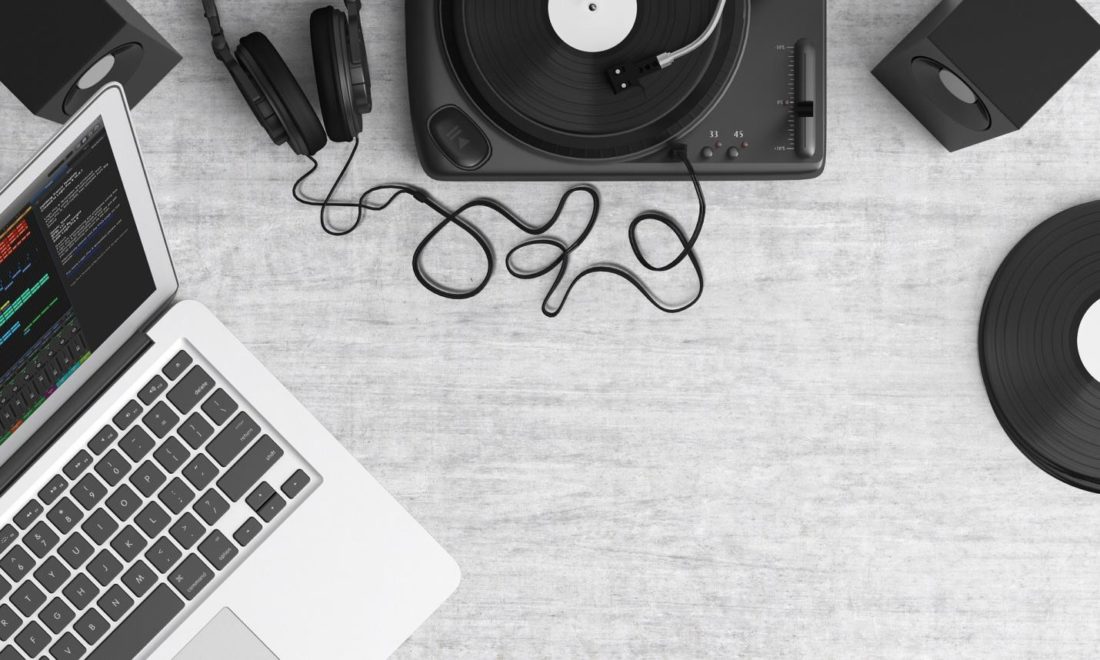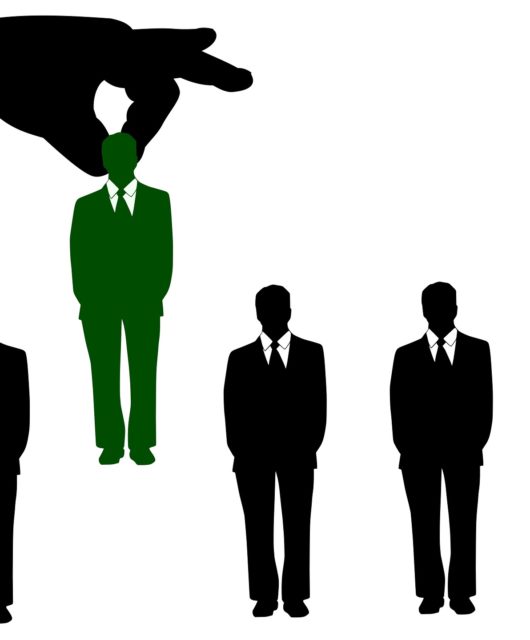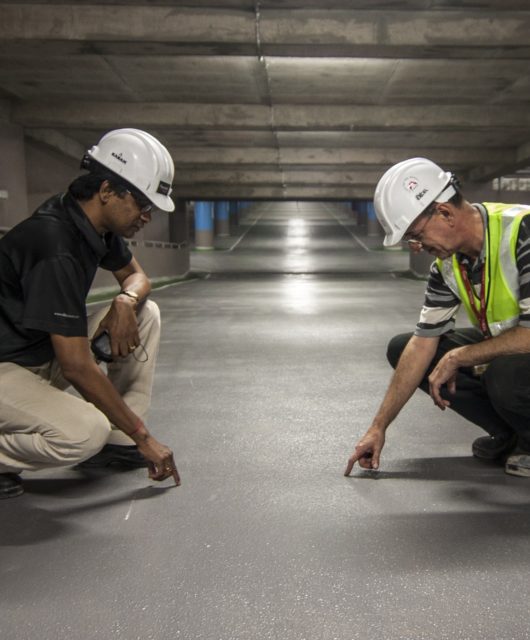Covert Recordings as Evidence in Court: Their Relevance and Benefits for Legal Proceedings

As a professional investigator (in a company working within the HR department in the private or public sector), you value the ability to record interviews and have them transcribed. Very few other pieces of evidence can be brought forth with such credibility and such power to make your case.
However, it’s not that simple. There are laws that govern whether or not a recording can actually be used as evidence, and when you present your recording or transcription under the wrong circumstances, it can really get tricky. Here’s all about covert recordings transcribed as evidence for court: their relevance and benefits for legal proceedings.
The power of a recording
If ever there is a case of ‘he said, she said’ it’s easy to find where the problem lies – if there is a recording. The conversation has been documented and there is no way anyone can deny a certain thing hasn’t been said. It’s for the record. It’s there for everyone to see (or hear, or read through the transcription). The power of a recording is that it can establish facts as truth, as indisputable.
The disadvantages of a recording
There’s a catch: there are some legal issues to be aware of before you start recording every conversation that may be important in some way. More and more, the courts have focused on whether the recording was obtained legally or illegally, before allowing it to be admitted to the proceedings – and the outcome of the simple decision (legal or illegal recording) can have a big influence on the outcome of the whole case.
The transcript
Recordings are not always done with high-tech devices or under ideal circumstances, and often there are some words or utterances that could be misinterpreted. If you are going to use a transcript of a recording as evidence or as documentation for review, it’s extremely important that the recording is transcribed in a high quality and correct way by experienced transcription services. Words should never be misunderstood, and issues should never be taken out of context.
The stakes are enormous – whether in criminal trials or medical trials. Transcriptions need to be 100% accurate; true to the original spoken word. There are many cases to be made when an inaccurate transcript has created too much confusion and caused injustice. On the other hand, there are plenty of cases in which the right recording and transcription shed the proper light on prevailing issues. It’s something you need to think about very carefully, and something you need to get right as an investigator. Using a professional and irrefutably accurate transcription service should be a priority for the benefit of all involved in any case you handle.









